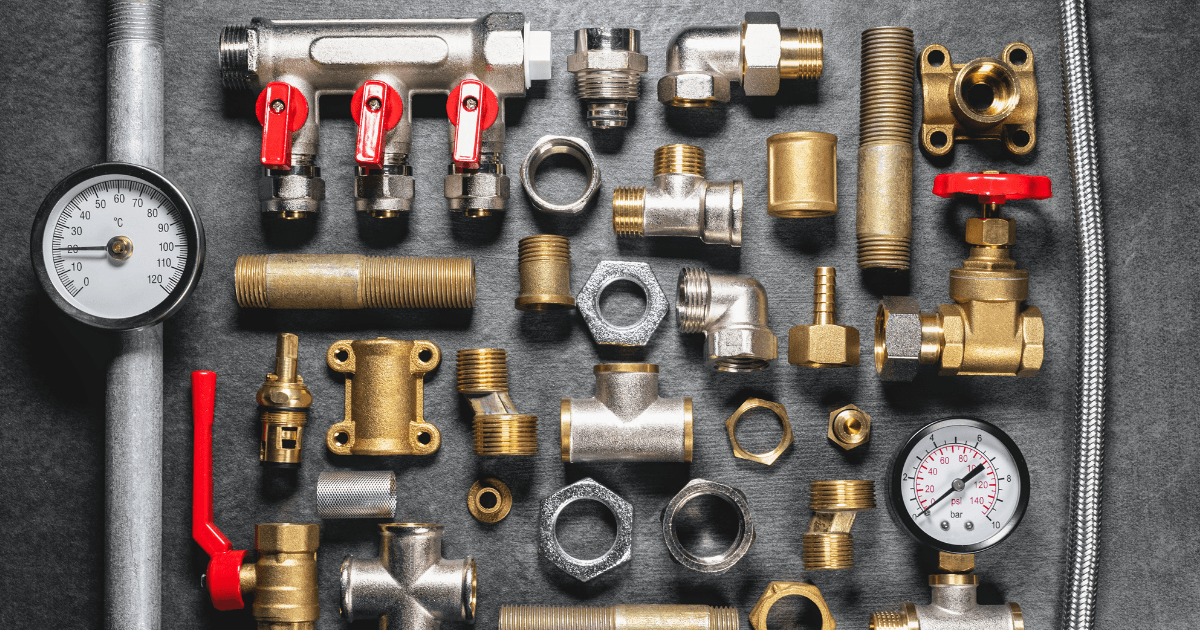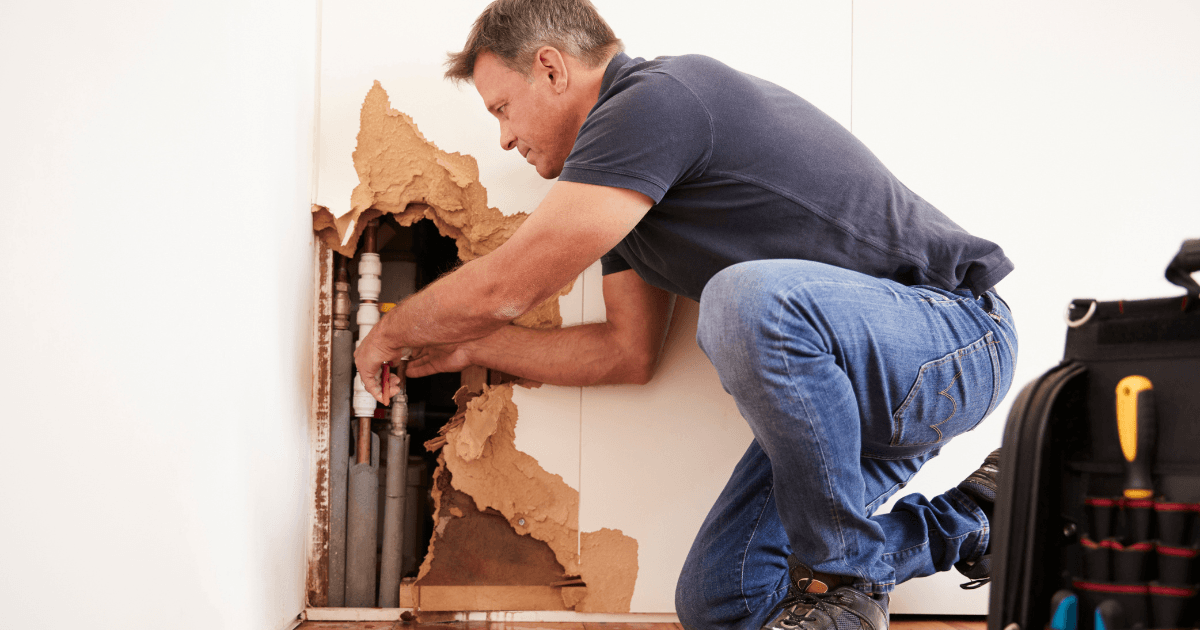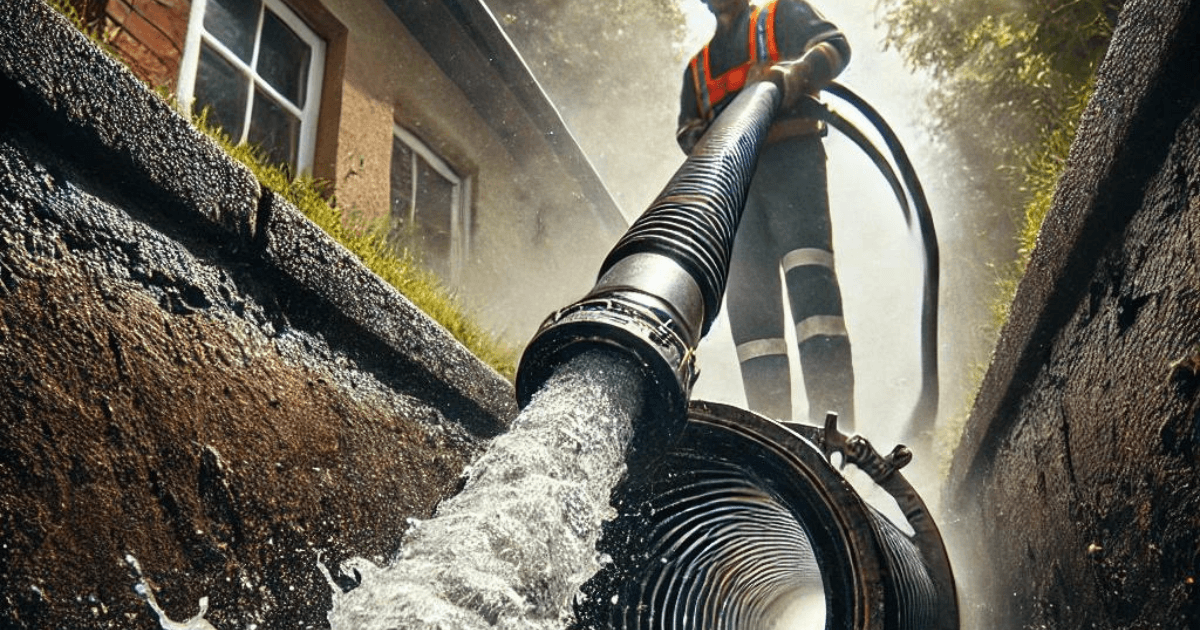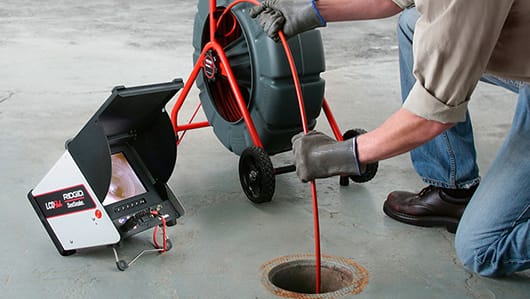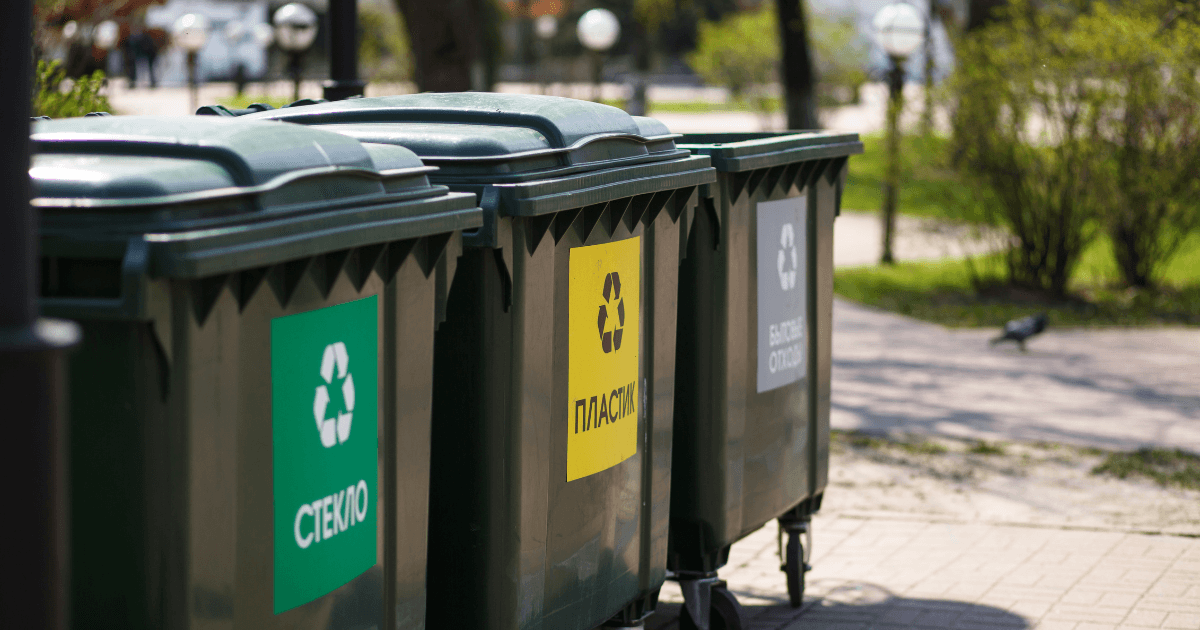In a world increasingly dominated by smart technology, where everything from lighting to security can be managed from a mobile device, smart plumbing systems have emerged as one of the most valuable innovations in modern home infrastructure. Unlike traditional plumbing, which has remained largely unchanged for decades, smart plumbing integrates cutting-edge technology, offering homeowners unprecedented control, convenience, and long-term cost savings.
But beyond the surface, why are smart plumbing systems really worth the investment? Using first principles thinking, we can deconstruct this question to explore the fundamental reasons why these systems go beyond a mere technological novelty and provide essential, forward-thinking value for homeowners.
I. What is a Smart Plumbing System? Rethinking Plumbing from the Ground Up
To understand why smart plumbing systems are so valuable, we must first rethink what plumbing fundamentally is. At its core, a plumbing system exists to control and distribute water—an essential resource—safely and efficiently within a home. Traditional plumbing is purely mechanical: pipes, fittings, and fixtures work to ensure water moves where it’s needed, while conventional valves and meters measure and control flow manually.
In contrast, smart plumbing systems leverage sensors, automation, and data analytics to elevate this basic function. These systems monitor water usage in real-time, detect potential leaks, and allow for remote control and automation. The key shift here is in treating water management as a dynamic, data-driven process rather than a static one. A smart plumbing system doesn’t just transport water—it manages water flow intelligently, optimizing for both efficiency and safety.
II. From Maintenance to Prevention: The True Value of Smart Plumbing
Traditional plumbing systems are reactive. Homeowners often only realize there’s a problem after damage has occurred, whether it’s a burst pipe, water leakage, or excess water usage leading to unexpectedly high bills. This reactive nature is one of the core weaknesses of conventional plumbing. When leaks, for example, go undetected, they can lead to structural damage, mold, and wasted resources.
Smart plumbing, however, is designed to prevent problems rather than just fix them. By using sensors to detect fluctuations in water pressure or flow, these systems can identify leaks long before they become disasters. More importantly, they can automatically shut off water supply to prevent further damage. This fundamental shift from reactive to proactive maintenance is where much of the investment’s value lies. Rather than waiting for a flood to occur, homeowners are empowered to prevent it entirely.
Real-World Application:
Imagine you’re on vacation and a pipe bursts in your basement. With a traditional system, you might not know about it until you return, leading to thousands of dollars in damages. But with a smart plumbing system, sensors would detect the abnormal water flow immediately and shut off the water, protecting your home and saving you from extensive repairs.
III. The Environmental and Economic Imperative: How Smart Systems Conserve Water
Water is not only a critical resource but a finite one. According to the United Nations, global water demand is expected to outstrip supply by 40% by 2030. This makes water conservation not just a personal or financial issue but a global one. Traditional plumbing systems allow for significant water wastage through leaks, inefficiencies, and overuse.
Smart plumbing systems, by contrast, optimize water usage. They monitor consumption in real-time, allowing homeowners to track water usage patterns and detect inefficiencies. If a family member takes excessively long showers or if irrigation systems are running longer than necessary, the system provides actionable data to make changes. Some systems can even automate water conservation measures, such as shutting off the water to outdoor sprinklers when it detects rain or reducing flow during off-peak hours.
Sustainability Meets Savings:
One of the overlooked benefits of smart plumbing is how environmental sustainability and cost savings intersect. By conserving water, these systems not only reduce utility bills but also contribute to a lower environmental footprint. Over time, the reduced water wastage and energy savings from reduced heating (due to optimized water usage) can add up, making smart plumbing a financially sound long-term investment.
IV. Home Safety and Protection: Avoiding Catastrophic Damage
One of the most valuable aspects of a smart plumbing system is its ability to protect a home from catastrophic water damage. Water damage is one of the leading causes of property loss, with the Insurance Information Institute estimating that water damage and freezing account for nearly 30% of all homeowner insurance claims.
With traditional systems, a small leak can turn into a big problem if not detected early. A smart plumbing system mitigates this risk by continuously monitoring the system and automatically shutting off the water in the event of a serious leak. Additionally, some systems allow for remote monitoring, enabling homeowners to control their water supply even when they’re not home.
V. Integration with Other Smart Home Systems: Creating a Seamless Experience
Modern homeowners are increasingly adopting smart home technologies that improve convenience, security, and efficiency. Smart plumbing systems integrate seamlessly with other IoT (Internet of Things) devices in the home. For example, smart water sensors can be paired with smart thermostats to optimize water heating systems, or connected with home security systems to monitor for potential water-related damage.
By integrating plumbing with other smart home systems, homeowners can create a fully automated ecosystem, where different technologies work together to optimize the home’s functionality. This not only increases convenience but also improves the overall value and resilience of the home.
VI. Common Misconceptions and Why They’re Flawed
Despite the clear benefits, some homeowners remain hesitant to invest in smart plumbing systems due to certain misconceptions:
- “Smart plumbing systems are too expensive.”
While the initial installation cost of a smart plumbing system can be higher than traditional plumbing, this is an investment that pays off in the form of long-term savings. Leak prevention, lower water usage, and avoiding costly repairs can easily offset the initial expense. - “Smart plumbing is unnecessary in newer homes.”
Even homes with new plumbing systems can benefit from the efficiency and water-saving features of smart plumbing. The ability to monitor and manage water use provides value for all homes, regardless of age. - “Smart plumbing systems are hard to use.”
Modern smart systems are designed to be intuitive, often controlled via mobile apps that provide real-time alerts and allow homeowners to make adjustments with just a few clicks.
VII. The Future of Plumbing: A Shift Toward Data-Driven Water Management
As we move into a more data-driven future, smart plumbing systems will become an integral part of household infrastructure. The next wave of innovations could include even more advanced AI-driven diagnostics that predict potential issues before they occur, or even systems that adjust water flow based on usage patterns.
The real shift, however, lies in how homeowners and professionals will begin to think about water management. No longer will plumbing be a passive system that functions unnoticed until there’s a problem. Instead, smart plumbing will allow for real-time monitoring, ensuring that water is used efficiently, safely, and sustainably.
VIII. Conclusion: Why Smart Plumbing Systems Are the Future of Home Infrastructure
By applying first principles thinking, we can clearly see why smart plumbing systems are worth the investment. They transform plumbing from a reactive, mechanical system into a proactive, data-driven one that prevents problems, conserves water, and integrates seamlessly into modern home automation systems. The benefits—from cost savings and environmental sustainability to home safety—are not just theoretical but real, tangible improvements to how homes function in the modern world.
For homeowners looking to future-proof their homes, reduce their environmental impact, and save on long-term costs, smart plumbing systems are not just worth the investment—they’re an essential part of the future of home maintenance.

